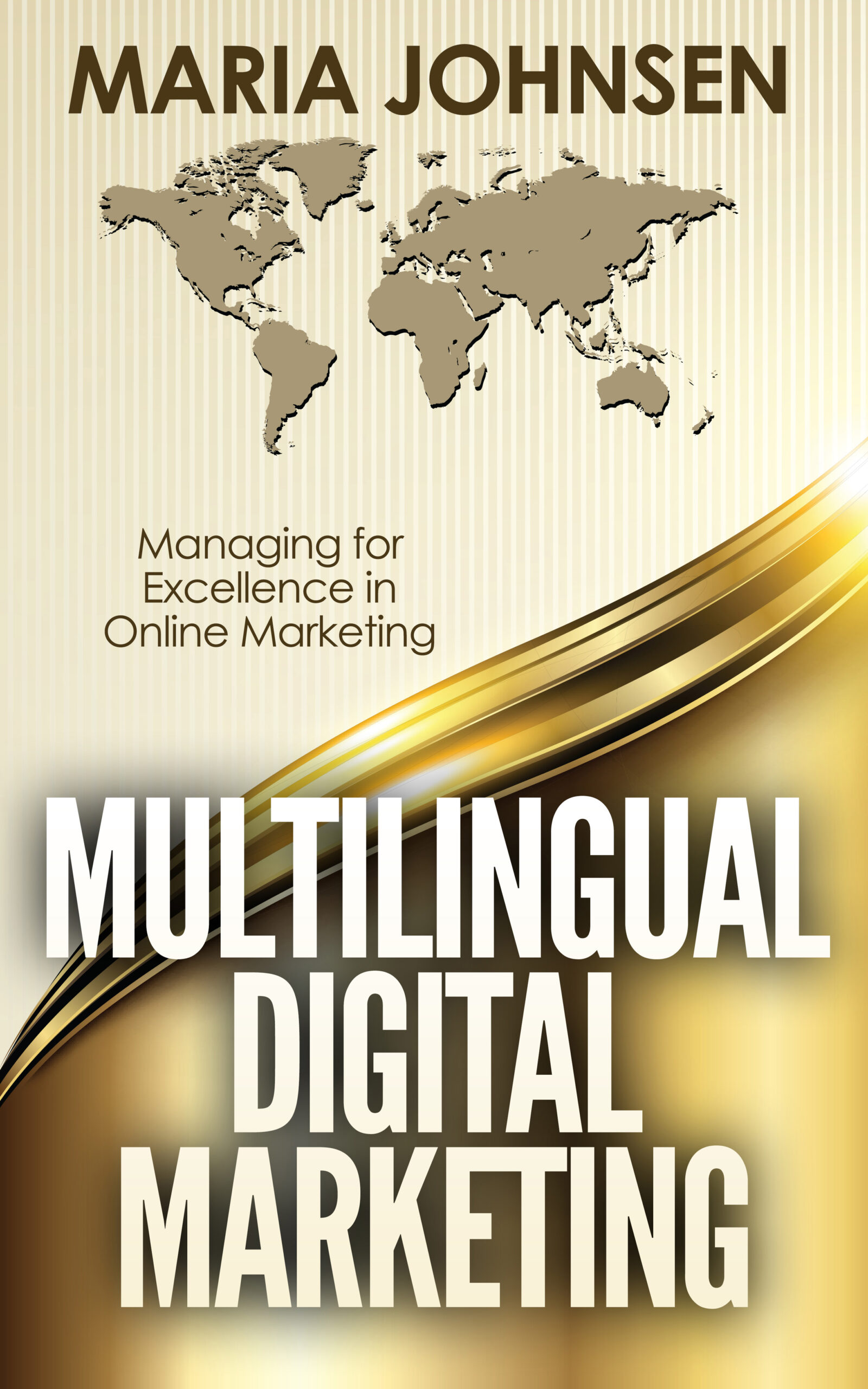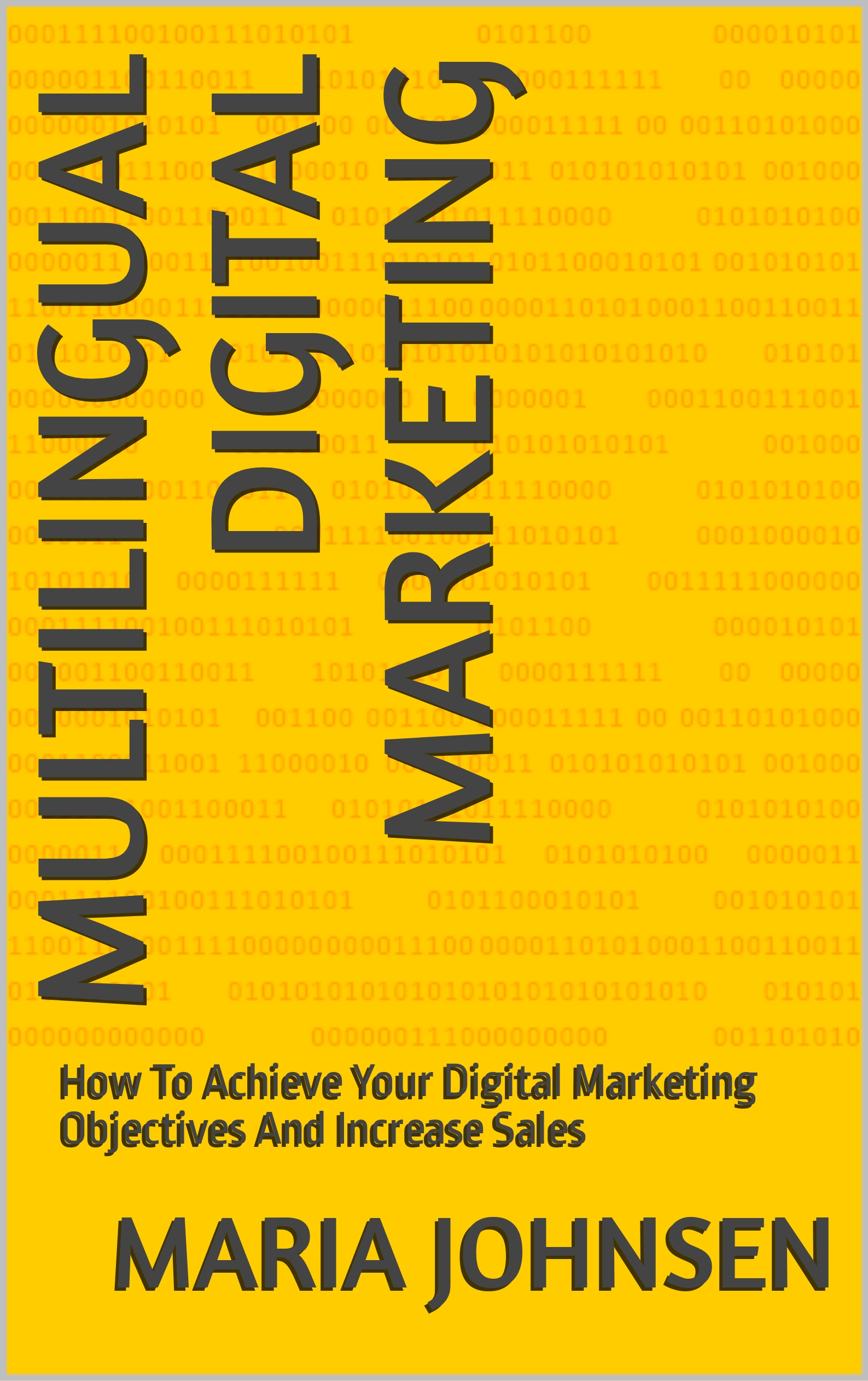
Businesses are increasingly recognizing the importance of expanding their online presence across different languages to tap into a wider audience base. However, achieving success in multilingual SEO (Search Engine Optimization) demands a strategic approach, particularly concerning keyword research. Keywords serve as the cornerstone of any SEO campaign, acting as the link between what users are searching for and the content provided by businesses. In a multilingual context, conducting keyword research becomes even more critical to ensure that content resonates effectively with diverse audiences across various languages. Let’s delve into the complexities of mastering keyword research in multilingual SEO campaigns.
Keyword Research in Multilingual SEO Strategy and Cultural Nuances:
An essential aspect of multilingual keyword research involves grasping linguistic and cultural subtleties. Languages aren’t just translations of each other; they come with their unique idioms, expressions, and colloquialisms. Therefore, mere translation of keywords may not yield optimal results. Thorough research is necessary to identify keywords that truly connect with the target audience in each language and culture.
Keyword Research Tools in Multilingual SEO Campaigns:
Effectively conducting keyword research in multiple languages necessitates the use of language-specific tools. While popular tools like Google Keyword Planner offer valuable insights, they may lack comprehensive data for languages other than English. Thus, leveraging tools such as SEMrush, Ahrefs, or KeywordTool.io, which support multiple languages, is crucial. These tools provide insights into keyword volume, competition, and trends specific to various regions.
Keyword Research Strategy:
Localization is paramount for the success of multilingual SEO campaigns. It involves adapting keywords to fit the linguistic and cultural preferences of each target market. This includes integrating region-specific terms, slang, and colloquialisms that resonate with local audiences. For instance, while “apartment” may be prevalent in American English, “flat” is preferred in Canadian English and British English. By localizing keywords, businesses can enhance their visibility and relevance in each market.
Considering Search Intent:
Understanding search intent is crucial in any SEO campaign, and it’s particularly significant in multilingual contexts. Different cultures and languages may exhibit distinct search behaviors and preferences. Hence, analyzing the intent behind keywords in each language is essential to provide content that meets users’ needs. Whether users are seeking information, looking to make a purchase, or inquiring about local services, aligning keywords with search intent is vital for driving organic traffic and conversions.
Monitoring and Adapting to Trends:
The digital landscape is dynamic, with search trends and user behaviors evolving continuously. Therefore, monitoring keyword trends and adapting strategies accordingly is essential. Keeping track of emerging keywords, seasonal trends, and changes in search algorithms that may impact multilingual SEO efforts is crucial. By remaining proactive and adaptable, businesses can maintain their competitive edge and capitalize on new opportunities in diverse markets.
Implementing Structured Data Markup in multilingual seo:
Structured data markup, such as schema.org markup, plays a crucial role in enhancing the visibility of multilingual content in search engine results. By implementing structured data markup in multiple languages, businesses provide search engines with valuable context about their content, improving its chances of appearing in relevant search results across different languages and regions.
Keyword Research in Multilingual SEO and Multilingual Content Hubs:
Creating multilingual content hubs can significantly enhance the effectiveness of multilingual SEO efforts. These hubs serve as centralized platforms where users can access content in multiple languages, catering to diverse audience segments. By structuring content hubs strategically and optimizing them for search engines, businesses consolidate their online presence across various languages, driving organic traffic and engagement.
Keyword research in multilingual SEO campaigns demands a strategic approach that considers linguistic nuances, cultural preferences, search intent, and emerging trends. By leveraging language-specific tools, localizing keywords, understanding search intent, and staying abreast of industry developments, businesses can enhance their visibility and relevance in diverse markets. With a well-executed multilingual SEO strategy, businesses can expand their global reach, connect with international audiences, and drive sustainable growth in an increasingly competitive digital landscape.
More insider tips on keyword research strategy in multilingual seo in my books.
Click at the books.






